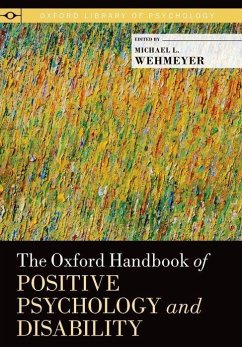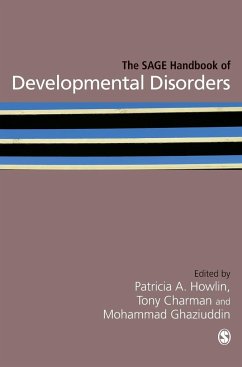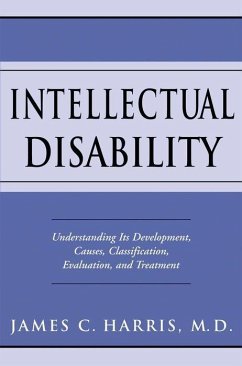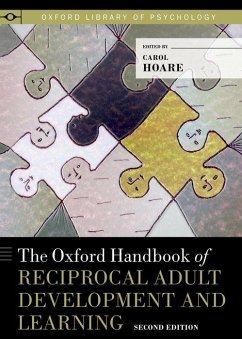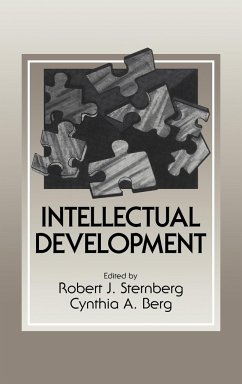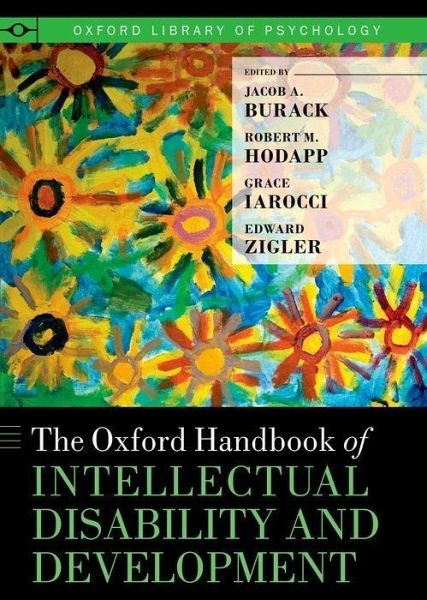
Oxford Handbook of Intellectual Disability and Development (Revised)

PAYBACK Punkte
77 °P sammeln!
Though the tremendous amount of recently-emerged developmentally-oriented research has produced much progress in understanding the personality, social, and emotional characteristics of persons with intellectual disabilities (ID), there is still much we don't know, and the vast task of precisely charting functioning in all these areas, while also identifying the associated fine-tuned, complex, and intertwined questions that crop up along the way, seems daunting and insurmountable. The goal of The Oxford Handbook of Intellectual Disability and Development is to update the field with new, precise...
Though the tremendous amount of recently-emerged developmentally-oriented research has produced much progress in understanding the personality, social, and emotional characteristics of persons with intellectual disabilities (ID), there is still much we don't know, and the vast task of precisely charting functioning in all these areas, while also identifying the associated fine-tuned, complex, and intertwined questions that crop up along the way, seems daunting and insurmountable. The goal of The Oxford Handbook of Intellectual Disability and Development is to update the field with new, precise research and sophisticated theory regarding individuals with ID provided by seasoned developmental theorists who have made original conceptual contributions to the field. This volume is divided into five general sections (ID and its connection to genetics, relationships, cognitive development, socio-emotional development, and development of language), with each focused on a domain of functioning or aspect of life that is inherent to an integrated, transactional perspective of development. While developmental approaches to understanding persons with intellectual disability will continue to emerge, this comprehensive volume is a must-read for specialists and developmental psychologists who must have the conceptual foundations for examining the developmental trajectories across persons with any of the many different ID etiologies.




